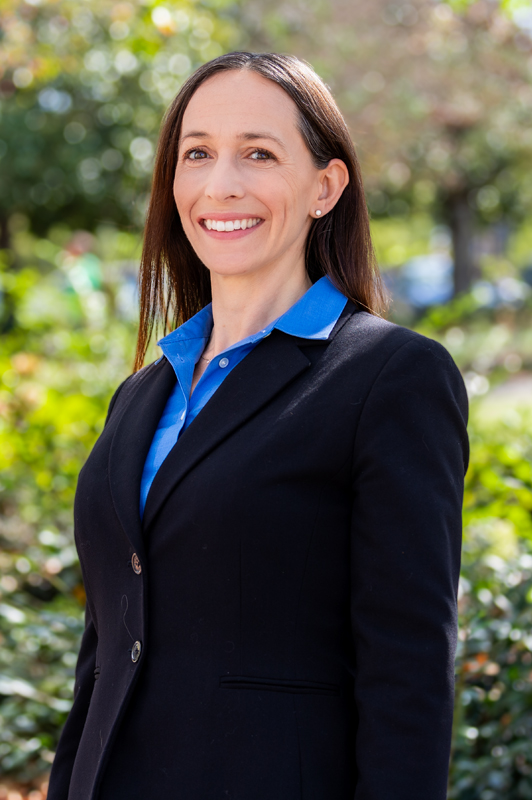Engineered model tumors look to advance cancer drug application
 |
| Lipke |
Elizabeth Lipke, faculty member in the Department of Chemical Engineering at Auburn University, and her team are developing 3D in vitro cancer models for use in drug-testing applications. Employing a range of metastatic and non-metastatic cancer cell lines, they are encapsulating the cells in hydrogel materials to create tissue-engineered "tumor microspheres" and "tumor millibeads."
Using 2D monolayer cultures and self-aggregated 3D tumor models, researchers and scientists are unable to capture key features of the complex in vivo tumor, severely limiting their ability to obtain clinically-relevant data in cancer drug-testing applications. In addition, the information acquired from these models, including identification of new cancer drug candidates, does not reflect the actual response seen in animal testing and human trials.
By using novel fabrication techniques, the tissue-engineered tumor models developed by Lipke and research team members reproduce native tumor characteristics not able to be emulated by traditional models. Importantly, these techniques can be used to form engineered tumors with multiple contributing cell types or from non-self-aggregating metastatic cancer cells. Models are formed through the encapsulation of cancer cells within poly(ethylene glycol)-fibrinogen (PEG-Fb) hydrogels. The tumor microspheres support long-term 3D culture of the cancer cells and, by more accurately mimicking the properties of tumors within cancer patients, results could provide a platform for identifying more effective candidate drugs for animal and clinical testing. The model will not only help medical experts more carefully examine the tumor microenvironment, which is known to play a significant role in the malignant progression of cancer, but will also aid in the study of tumor growth for breast, prostate and colon cancer.
"Engineered tumor model research could revolutionize our understanding of chemotherapy and optimizing treatment of cancer patients," Lipke said. "Traditional cell culture models show poor correlation to animals and humans, which impedes identification of effective drug candidates. The models we're currently developing better recapitulate human tumor characteristics, and in the long run, could be used not only to increase our understanding of the role of tumor microenvironment in cancer progression, but also to determine better treatment strategies for cancer patients and thereby increase their chances of survival."
Lipke is collaborating with Michael Greene, faculty member in Auburn's Department of Nutrition, Dietetics, and Hospitality Management, on a two-year grant recently awarded by the Auburn University Research Initiative, as well as on National Institutes of Health-funded research with other academic and industry partners.





